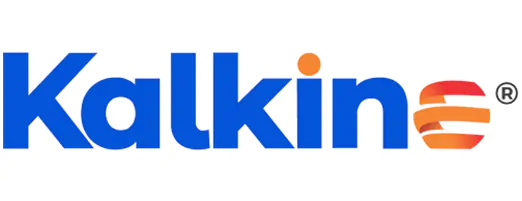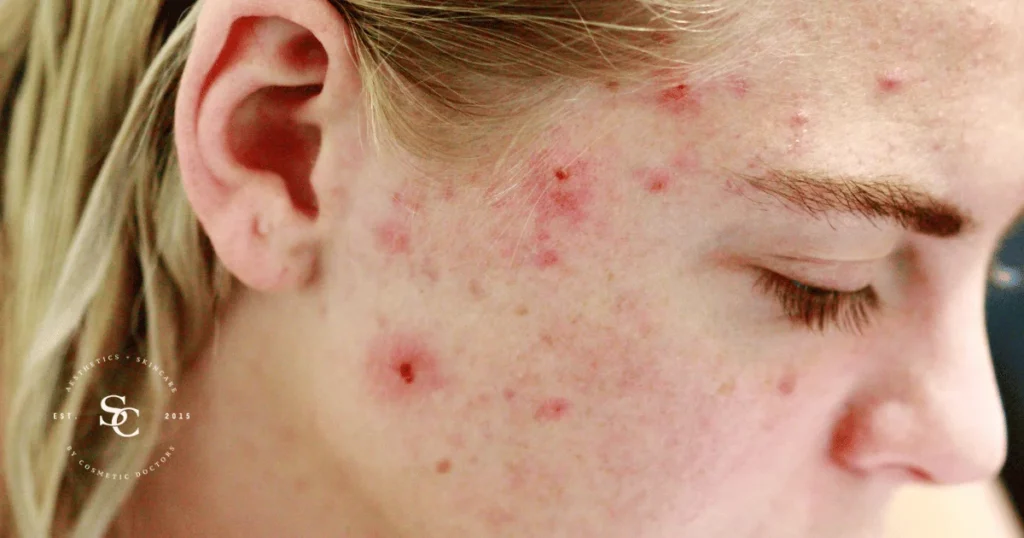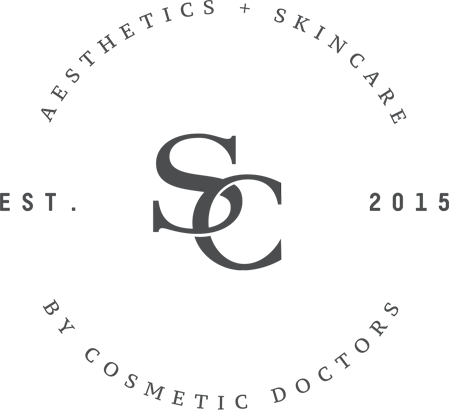Understanding Acne Vulgaris: An Overview
Acne vulgaris, commonly known as acne, is a prevalent skin condition characterized by the formation of pimples, blackheads, whiteheads, and sometimes cysts or nodules. It often affects the face, chest, back, and shoulders. This comprehensive guide explores the nature, causes, treatment options, and prevention strategies for acne vulgaris, aiming to provide clearer and healthier skin.
Identifying the Symptoms of Acne Vulgaris
Types of Lesions:
- Pimples: Inflamed, red bumps often containing pus.
- Blackheads: Open comedones, characterized by dark, clogged pores.
- Whiteheads: Closed comedones, appearing as small, white or flesh-colored bumps.
- Cysts and Nodules: Large, painful, and deep-seated lumps beneath the skin.
Causes and Risk Factors of Acne Vulgaris
Understanding the causes and risk factors of acne vulgaris is essential:
- Excess Sebum Production: Overproduction of sebum (skin oil) can lead to clogged hair follicles and the development of acne.
- Hormonal Changes: Hormonal fluctuations, such as those during puberty, menstruation, or hormonal disorders, can increase sebum production and acne.
- Bacterial Activity: The presence of Propionibacterium acnes (P. acnes) bacteria on the skin can contribute to inflammation and the formation of acne.
- Genetics: Genetic factors can influence an individual’s predisposition to acne.
- Dietary Factors: Some studies suggest a link between high-glycemic diets and the development of acne in certain individuals.
Different Types and Stages of Acne Vulgaris
Acne vulgaris can manifest in various types and stages, including mild, moderate, and severe cases. It may also include inflammatory and non-inflammatory lesions.
Diagnosis: How Acne Vulgaris is Detected
Diagnosing acne vulgaris is visual and can be identified through a physical examination by a dermatologist or healthcare provider.
Treatment Options for Acne Vulgaris
Several treatment options can help address and manage acne vulgaris:
- Topical Treatments: Over-the-counter or prescription creams, gels, or lotions containing ingredients like benzoyl peroxide, salicylic acid, or topical antibiotics can target acne.
- Oral Medications: In severe cases, oral antibiotics, hormonal treatments (such as birth control pills), or isotretinoin may be prescribed by a healthcare provider.
- Chemical Peels: Chemical peels using alpha or beta hydroxy acids can exfoliate the skin and improve the appearance of acne.
- Laser and Light Therapy: These treatments can target acne and reduce inflammation.
- Extraction: A dermatologist or esthetician can perform professional extractions to safely remove acne lesions.
Prevention Strategies for Acne Vulgaris
Preventing acne vulgaris involves adopting strategies to minimize risk factors:
- Cleansing: Maintain a regular cleansing routine to remove excess oil, sweat, and impurities from the skin.
- Exfoliation: Use gentle exfoliants to promote the removal of dead skin cells, preventing clogged pores.
- Non-comedogenic Products: Choose skincare and cosmetic products labeled as non-comedogenic to prevent pore clogging.
- Stress Management: High stress levels can exacerbate acne, so incorporating stress-reduction techniques can be helpful.
Home Remedies and Self-Care for Acne Vulgaris
In addition to medical treatments, there are remedies and self-care practices to help manage acne vulgaris:
- Topical Treatments: Applying over-the-counter topical acne treatments to affected areas.
- Skin Hydration: Using moisturizers can help maintain skin hydration and minimize dryness caused by acne treatments.
- Dietary Adjustments: Some individuals find that reducing dairy and high-glycemic foods in their diet can improve their acne.
Impact of Acne Vulgaris on Self-Image
Acne vulgaris can have a significant impact on an individual’s self-esteem and body image, especially if it is severe or persistent. Addressing acne can enhance one’s confidence and overall well-being.
Long-Term Management of Acne Vulgaris
Managing acne vulgaris often involves ongoing care:
- Skincare Routine: Maintain a consistent skincare routine tailored to your skin’s needs, including cleansing, exfoliating, and moisturizing.
- Professional Guidance: Regular visits to a dermatologist can provide guidance on managing acne and preventing recurrences.
- Lifestyle Adjustments: Incorporate a healthy lifestyle, including a balanced diet, hydration, and stress management, to support skin health and minimize the development of new acne lesions.
In conclusion, understanding acne vulgaris, its causes, treatment options, and prevention strategies is crucial for effectively addressing this common skin condition and achieving clearer and healthier skin. Consulting with a dermatologist or skincare specialist can provide personalized guidance on the most suitable treatments and management approaches for individual concerns.



















